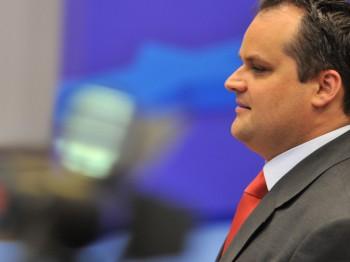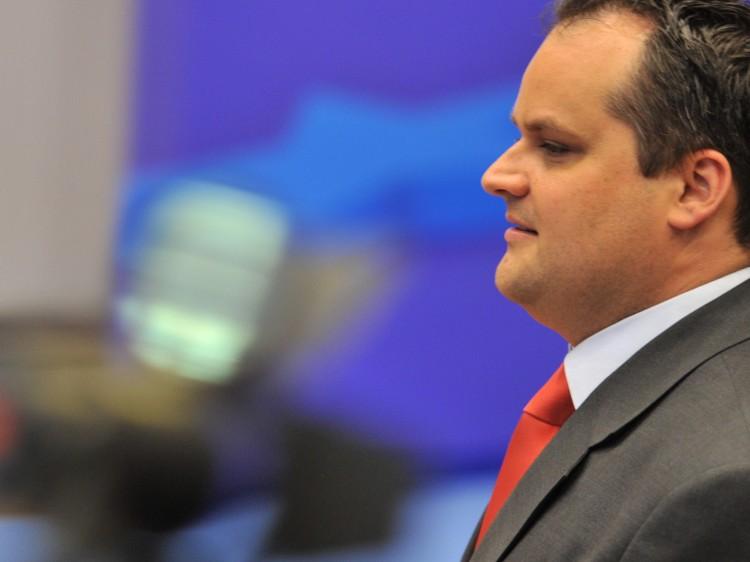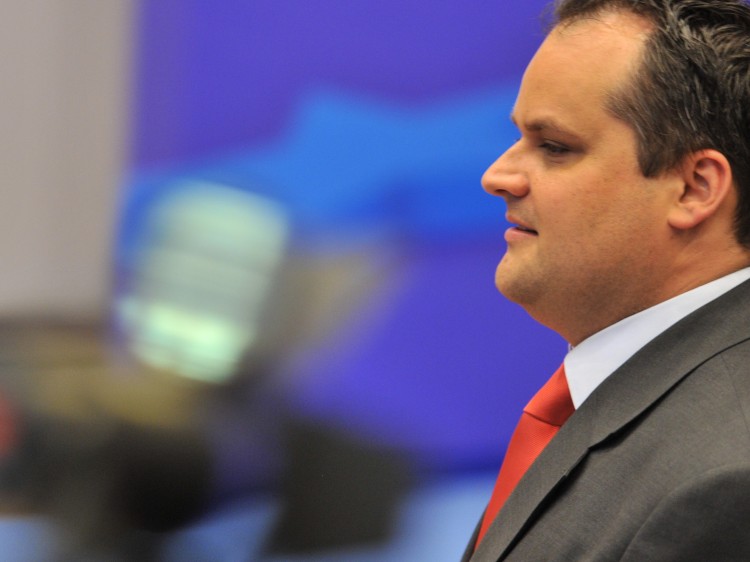Opinion
Global Dispatches: The Netherlands—How the Dutch See the Greeks
The Dutch stereotype of Greece is that the islands are a nice holiday resort but that the country is full of corrupt politicians and lazy people who retire much earlier than we can.

Dutch Finance Minister Jan Kees de Jager leaves after an Economy and Finance Council meeting on July 12, at EU headquarters in Brussels. Georges Gobet/AFP/Getty Images
|Updated:
Peter Valk is a tea expert who has extensively travelled in Asia, interrupted by odd jobs and a short spell of studying anthropology in the Netherlands. In his travels, he steeped himself in Asian culture, learned Chinese, met his wife and found his passion. He has been in tea business over seven years, selling Chinese tea and giving workshops on Chinese tea and culture. Currently, he is living in the Netherlands where he is busily but mostly happily making up for his travel time.
Author’s Selected Articles




